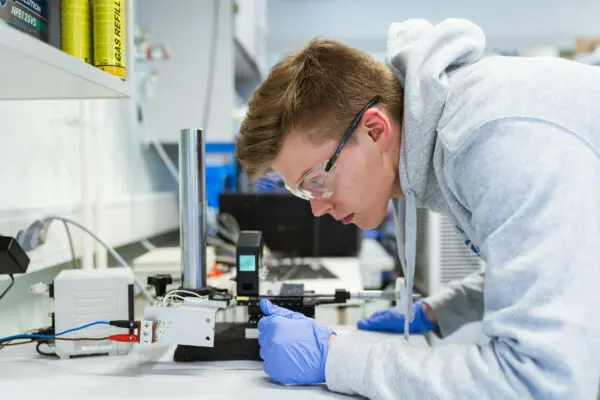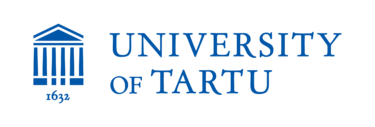
Amsterdam, Netherlands
BioBusiness Summer School 2025
When:
30 June - 04 July 2025
Credits:
0 EC
Read more
Life Sciences Summer Course
When:
28 July - 08 August 2025
School:
Institution:
University of Tartu
City:
Country:
Language:
English
Credits:
3 EC
Fee:
800 EUR


There are thousands of techniques of making materials. But how can something be made, that is so small, it is not even visible under a regular optical microscope? For example, today’s electronics industry routinely makes thin films that have a thickness of 100 nanometers (nm), 50 nm or even 3 nm. And how is such a material studied, for determining a novel material in a research laboratory or performing quality control in a company? How can one measure a material’s thickness and composition if it’s thickness is a mere 10 nm, for example?
Atomic Layer Deposition (ALD) is a thin-film deposition technique that plays a critical role in advancing modern technologies, from semiconductors and energy storage to coatings for medical devices and optics. Its unique ability to deposit ultra-thin films with atomic-level precision makes it a cornerstone of innovation in nanotechnology and materials science. Most computers, solar panels and mobile phones have some details in them made using ALD. But the fun doesn’t stop at currently existing technologies. Scientists and engineers are constantly working to find new ways how to utilize thin films made by ALD in various new technologies, such as neuromorphic computing that is advancing AI.
This course offers participants a rare opportunity to explore ALD and it’s applications in depth, blending theoretical knowledge with hands-on experience. You will not only learn the principles and applications of ALD but also operate equipment to perform your own film depositions. Beyond that, you'll gain experience in characterisation techniques, including spectroscopic ellipsometry, X-ray diffraction (XRD), and scanning electron microscopy (SEM), to analyse the structure, composition, and properties of the deposited films.
At the conclusion of the course, you will collaborate in groups to compile your findings and theoretical knowledge into a comprehensive project report. This report will be presented to other groups and will include a detailed description of the project's background, a summary of your results, and a concluding discussion, including potential applications of the films you have deposited
Kristjan Kalam, Research Fellow in Materials Science at the University of Tartu's Institute of Physics
BSc/MSc students
Upon completing the course, students will be able to:
1. Describe, what is the method of atomic layer deposition (ALD), what are its advantages and limitations and can broadly name its applications.
2. Understand how an ALD reactor works and can operate a similar device under supervision.
have a basic understanding of some state-of-the-art material characterisation tools, such as spectroscopic ellipsometry, X-ray diffraction and scanning electron microscopy. They will also have an understanding how such machines are operated and can perform these operations under supervision.
3. Produce and present a group project that includes their results, discusses the reasons behind the observed outcomes, interprets their significance, and explores potential applications of the produced material
Fee
800 EUR, Regular fee
Fee
300 EUR, Accommodation in the student dormitory for 12 nights (shared rooms).
When:
28 July - 08 August 2025
School:
Institution:
University of Tartu
Language:
English
Credits:
3 EC

Amsterdam, Netherlands
When:
30 June - 04 July 2025
Credits:
0 EC
Read more

Barcelona, Spain
When:
30 June - 11 July 2025
Credits:
4 EC
Read more

Brno, Czechia
When:
01 June - 02 August 2025
Credits:
12 EC
Read more